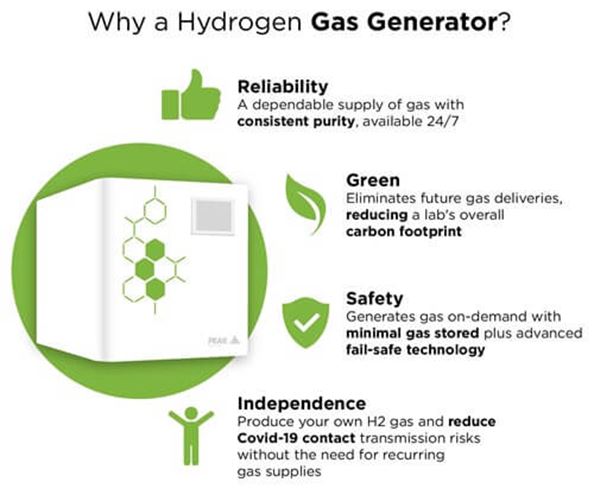Tips and Tricks for Gas Chromatography
Gas Chromatography GC can be considered a craft as well as a science, and as with all crafts, knowing insider tips and tricks can prove extremely useful. GC is an analytical artform that is used to separate the chemical components of a sample mixture, the sample is injected into the GC and then is used to detect the presence or absence and/or how much is present of a substance.
Capillary GC is clean GC
Cleanliness is a critical requirement of capillary GC as contamination is the largest source of capillary column problems. To avoid contamination you can take some simple steps:
Check your inlet
The inlet is the most common location for contamination so it's important that you check it regularly. A thorough inspection should include checking below the septum, in the glass liner and at the bottom of the inlet.
Keep your detector clean
If you see an increase in noise or noise spikes or a drop in sensitivity, this could indicate that your detector needs to be cleaned. If this is the case you should check your instrument manual for instructions.
Use High Purity Gases
Your capillary GC carrier gas, typically hydrogen, nitrogen, or helium, should be high purity. It's important for the carrier gas to be free of O2 and H2O as these can contaminate the detector or degrade the stationary phase.

